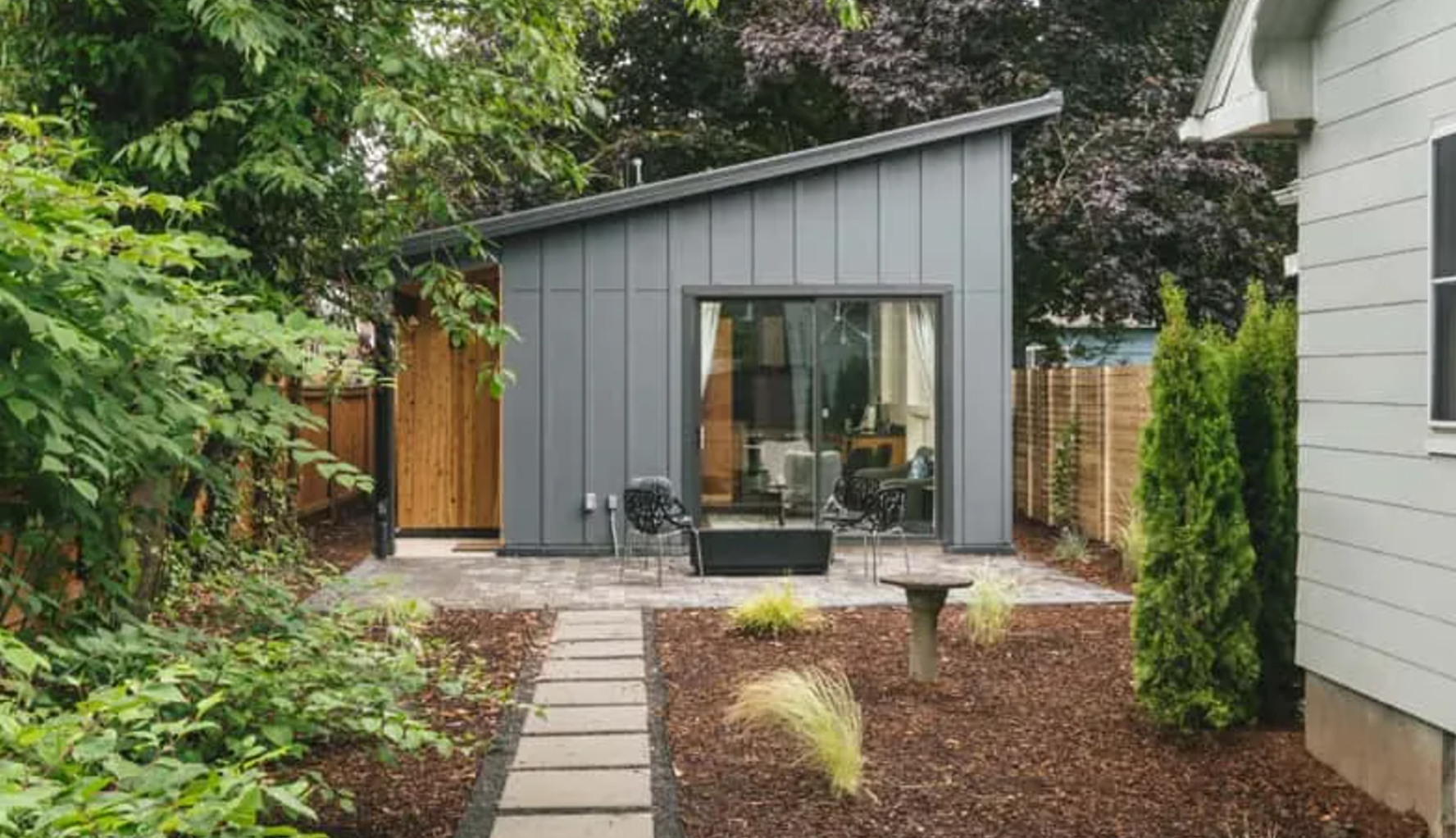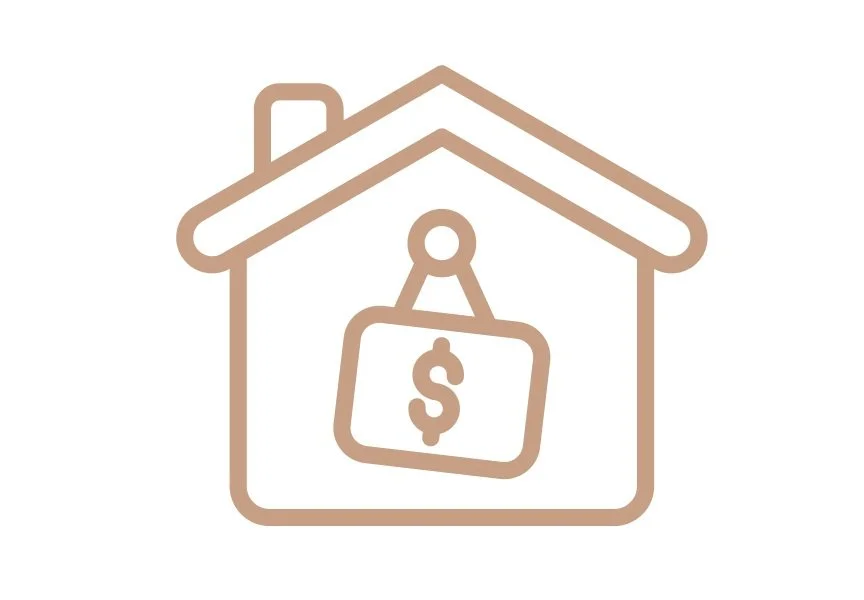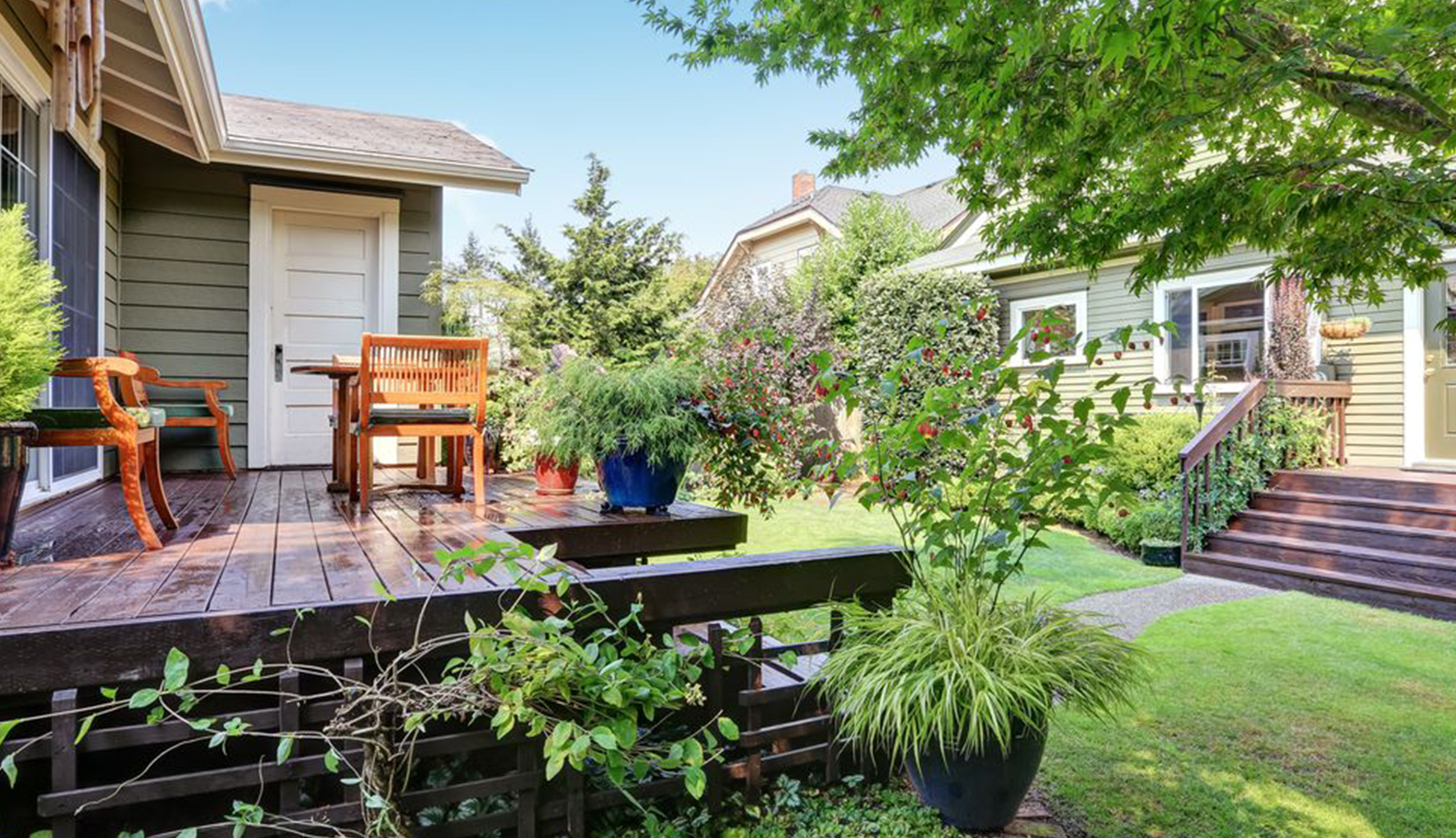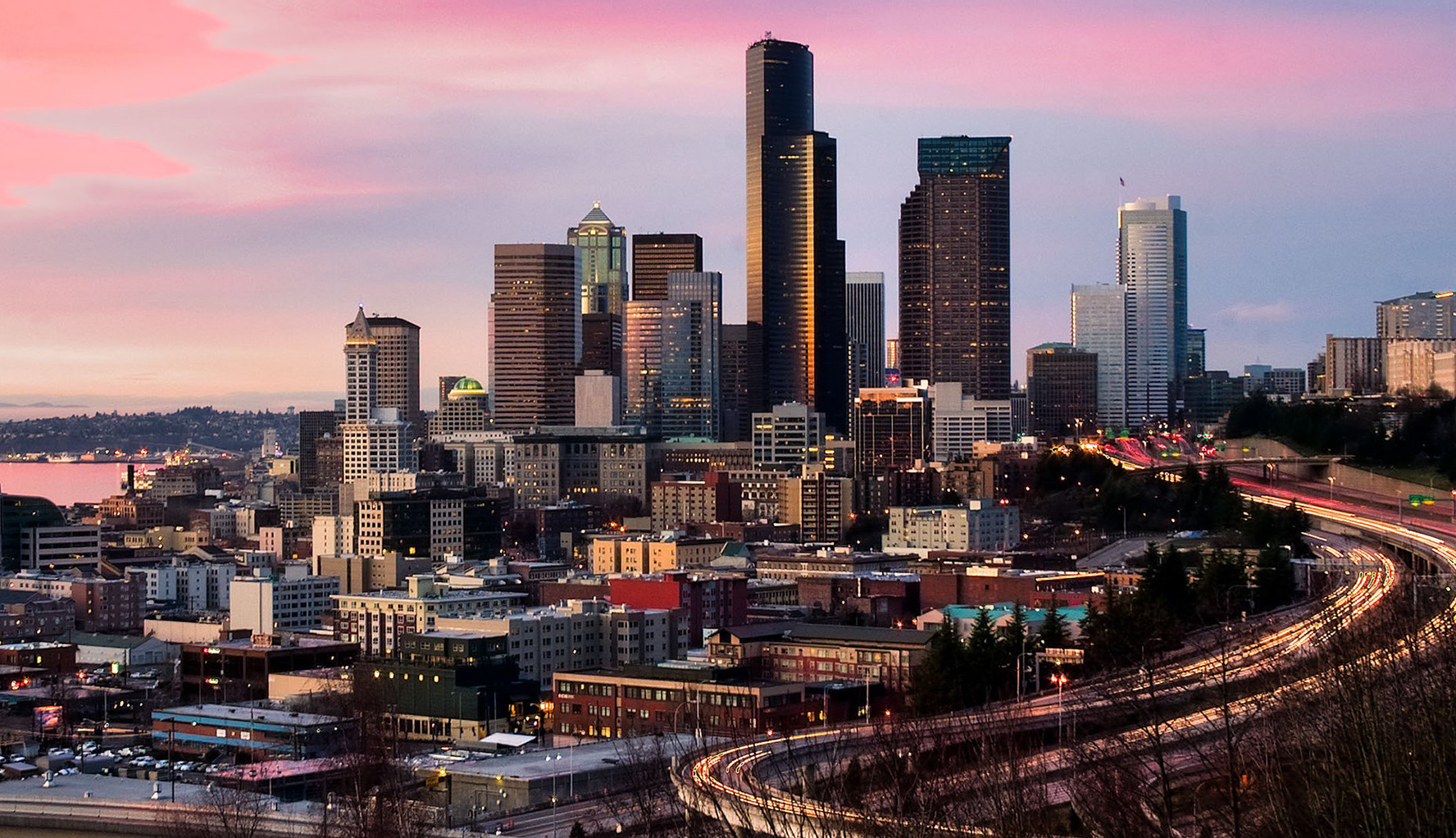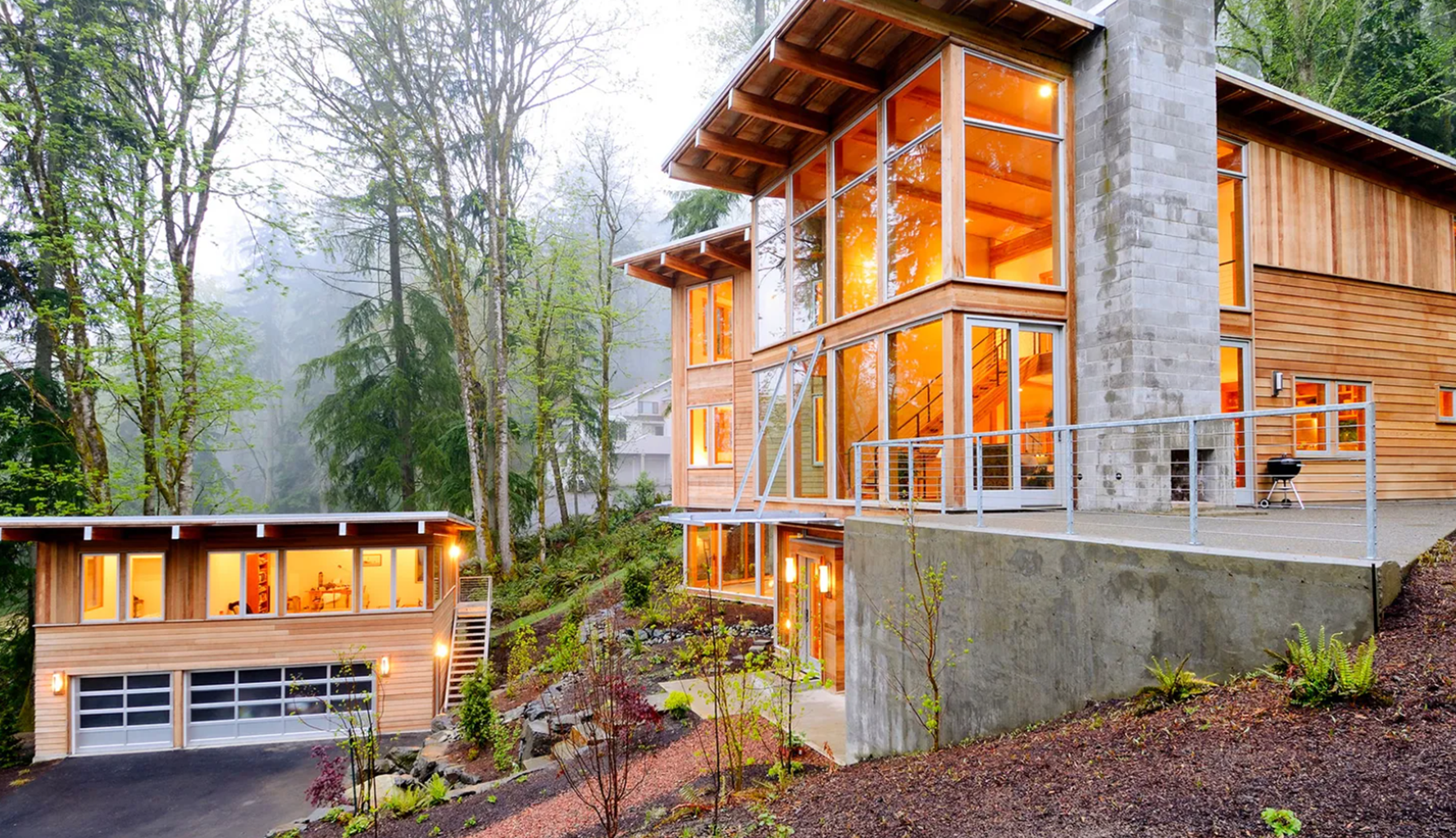HB1337 Explained: Everything Homeowners Need to Know About Washington’s New ADU Law
If you’ve ever dreamed of adding a backyard cottage, renting out a small unit for extra income, or creating a private suite for aging parents, 2023 brought great news for you and thousands of other homeowners across Washington State. The newly passed House Bill 1337 (HB 1337) is a major step toward addressing Washington’s housing shortage, making it easier, faster, and more affordable to build an Accessory Dwelling Unit (ADU) than before. At Eastside Builders Group, we believe homeowners should understand how these new rules work, what they allow, and how they can unlock more value, flexibility, and possibilities for your property. Below, we’ll break down exactly what an ADU is, what HB1337 changes, why the law matters, and how you can get started with your own ADU project, with practical examples, statistics, and tips for a smooth build.
WHAT IS AN ADU??
An Accessory Dwelling Unit (ADU) is a small, independent living space built on the same lot as a primary single-family home. According to the U.S. Census Bureau, roughly 1.4 million ADUs exist nationwide, and the number of new permits has grown by over 8% per year since 2018.
In Washington State, cities like Seattle have seen ADU permit applications nearly triple from 2018 to 2022, from around 280 per year to over 800 per year, as homeowners see the value in adding space and rental potential.
ADUs COME IN MANY FORMS
DETACHED ADU (DADU)
Backyard cottage
Multi-Generational housing
Home office or workspace
ATTACHED ADU
Garage Conversion
Basement Apartment
Over-the-Garage Unit
INTERIOR ADU
Basement
Ground Floor Conversion
Attic
WHY DO HOMEOWNERS BUILD ADUs?
Building an ADU is becoming a popular choice in
Washington, for many reasons, and stats support why
RENTAL INCOME
According to the Joint Center for Housing Studies at Harvard, typical ADU rentals in urban markets generate $1,200–$2,000/month, adding $14,000–$ 24,000 or more in annual household income.
MULTI-GENERATIONAL LIVING
Over 20% of U.S. households are now multi-generational (Pew Research Center, 2023), and ADUs help families live together with privacy.
PROPERTY VALUE BOOST
A report from Freddie Mac shows that adding an ADU can increase resale value by up to 35% compared to similar homes without an ADU.
AGING IN PLACE
Nearly 77% of adults aged 50+ prefer to stay in their community as they age (AARP), and an ADU can serve as a future downsized home or caregiver suite.
WHAT WAS THE PROBLEM
BEFORE HB1337?
Before HB1337, local zoning rules often made it challenging or impossible to build an ADU
In Seattle, only 1% of eligible lots had built an ADU by 2018, largely due to restrictive regulations (Sightline Institute). Owner-occupancy requirements were among the top reasons homeowners abandoned ADU projects, according to a 2019 survey by the City of Seattle. Parking mandates added thousands in costs: paving an off-street parking space can cost $5,000–$10,000, plus ongoing stormwater fees.
WHAT DOES HB1337 DO?
Signed in 2023, House Bill 1337 is designed
to reduce barriers and encourage homeowners to build more ADUs.
MORE ADU’S ALLOWED
Cities must now allow at least two ADUs per residential lot. That’s a game changer: the Washington Department of Commerce estimates this could add tens of thousands of new small homes statewide over the next decade.
ENDING MANDATORY OWNER-OCCUPANCY
Removing this rule is expected to unlock thousands of new rental ADUs: in Portland, where a similar rule was lifted, ADU permit applications doubled within three years (Portland Bureau of Planning & Sustainability).
FEWER PARKING REQUIRMENTS
In urban areas served by transit, cities can’t require homeowners to add new off-street parking. For lots under 6,000 sq. ft., this can free up 25–30% of usable space that might otherwise be paved
FASTER PERMITTING
Seattle and other cities have already introduced pre-approved ADU plans, cutting approval times by 4–8 weeks and saving homeowners $1,500–$3,000 in design costs.
WHAT DOES AN ADU COST?
BASEMENT CONVERSION
$80,000–$160,000
GARAGE ADU
$120,000–$200,000
DETACHED BACKYARD COTTAGE
$200,000–$350,000+
While upfront costs vary, Zillow research shows ADUs in urban markets often pay
for themselves within 10–15 years through rental income and value gain.
BENEFITS BACKED BY DATA
Over 60% of homeowners who build ADUs say they’d recommend it to others (AARP survey).
Adding two ADUs per lot could add over 100,000 new homes statewide in the next decade (WA Dept. of Commerce estimate).
Tips for Homeowners Considering an ADU
Understand your lot: Even with HB1337, your lot must meet setback and height rules.
Factor in utilities: New sewer and water connections can cost $5,000–$15,000; budget early. Use an experienced ADU contractor: It helps avoid mistakes that can cost thousands or delay permits.
Think ahead: Design flexible space, what works as a rental today could serve as a family suite tomorrow.
HOW WE HELP HOMEOWNERS BUILD ADUs
Design ADUs that maximize rental appeal and family use
Navigate local codes and HB1337 rules for Seattle, Bellevue, Kirkland, and nearby cities
Offer budget planning and construction management
Handle everything from concept to final inspection
READY TO EXPLORE YOUR OPTIONS?
Building an ADU now is easier
than ever, and the numbers back it up:
more rental income, more family flexibility,
and higher resale value.
📞 Call us:
425-272-7169
📧 Email us:
marketing@workwithebg.com
🌐 Visit us:
www.workwithebg.com
Eastside Builders Group Helping Washington homeowners
Build smarter, live better, and invest in their future.
Statistics included from



